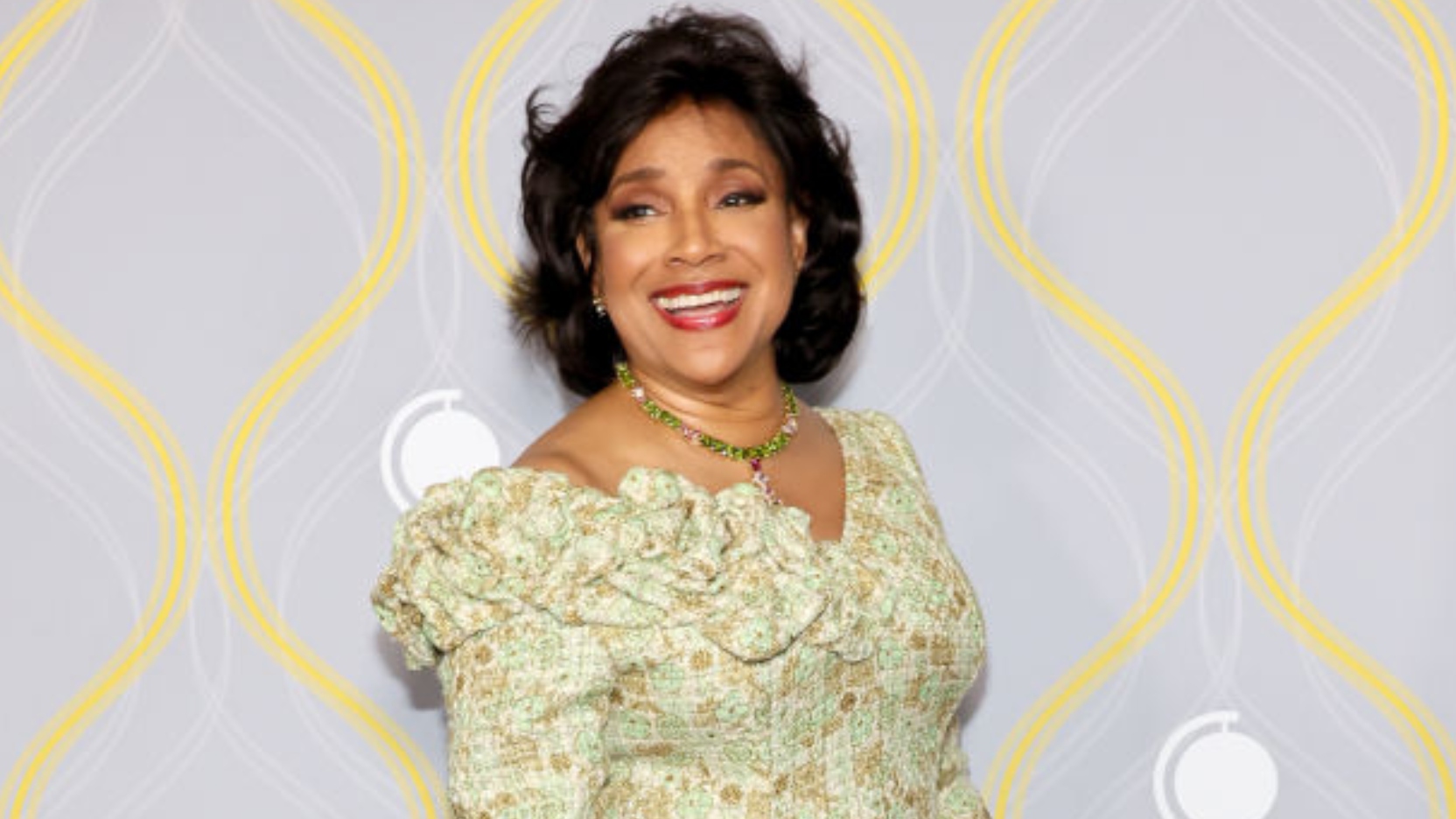Explore Phylicia Rashad’s journey as a trailblazer breaking barriers in theater, TV, and film and how she continues to inspire generations of Black artists.
Phylicia Rashad is known for building a legacy of excellence as a Black actress on the stage and screen. From her early life in Houston through her college years and into her later career, Rashad broke barriers. Despite insecurities about her appearance and thinking she wasn’t beautiful as a child, Rashad said she was bitten by the performing bug when she was selected for a school musical program at age 11.
“I wanted to be like my mother because she was so beautiful, but I had a voice, and my mother insisted on good speech, and my teachers appreciated it, so when I was 11 years old, I was selected for a musical program that involved all the schools in our community,” Rashad is quoted as saying. Defying societal expectations, she embraced her passion for performing, and the rest is history.
Born Phylicia Allen in 1948 in Houston, Texas, Rashad had three siblings. Her sister, Debbie Allen, was also an actress and creator, and her older brother became a jazz musician. Rashad’s father was a dentist, and her mother was a Pulitzer-nominated poet and one of the Hidden Figures behind the Apollo 11 mission.
Rashad graduated from Howard University magna cum laude with a BFA in theater in 1970 before moving directly into a career in entertainment. When asked about early influences on her life and career, Rashad often cites author and speaker Maya Angelou.
Rashad appeared in a few TV series and movies, including “Watch Your Mouth” and “We’re Fighting Back,” in the 1970s and early 1980s—credited as Phylicia Allen. She also appeared for a two-episode run on “One Life to Live” before landing her breakout role as Clair Huxtable on “The Cosby Show.”
Rashad continued to appear on the small and big screens after “The Cosby Show” ended in 1992, including Tyler Perry’s “For Colored Girls” in 2010, “Creed” and “Creed II” in 2015 and 2018, and numerous episodes of “This is Us” and “David Makes Man” from 2019 to 2021. However, from the early 1990s through the early 2000s, Rashad made her mark on the stage. Rashad broke new ground on Broadway with her starring role in the historic 2006 all-Black cast production of ‘Cat on a Hot Tin Roof,’ a powerful statement of Black excellence and representation in American theater.
Some awards and nominations Rashad has garnered during her career include:
Rashad’s awards credentials also include nominations and wins at the Drama Desk Awards, Black Reel Awards, The BET Honors, the Screen Actors Guild Awards, and the NAACP Image Awards, solidifying her status as a cultural icon and a beacon of excellence in the arts. In 2010, Rashad was named “The Mother of the Black Community” at the NAACP Image Awards.
Rashad told Oprah Daily she didn’t feel pressured to live up to perceived expectations as a trailblazing Black actress. “What I feel is gratitude,” she said. “I feel grateful to have done work that means something to people.”
Rashad has been married three times and has two children: William Bowles, III, and Condola Rashad. Rashad was married to her third husband, Ahmad Rashad, in 1985 and the couple divorced in 2001.
When asked about motherhood for a 2020 article, the actress, who has played numerous mothers in movies, television shows, and plays, said she doesn’t think of herself as a Black mother or her children as Black children. She thinks of herself as a mother and her children as children. “The ethnicity is obvious,” said Rashad. “It’s in our food, it’s in the music we listen to, it’s in the books we read…the way we live…the company we keep and the dances that we do. I don’t have to make a conscious point about it because I know who I am.”
Rashad served as the Dean of the College of Fine Arts at her alma mater, Howard University. While the actress-turned-dean doesn’t like to talk about herself, according to friend and playwright Pearl Cleage, Rashad is known for acting behind the scenes to support others. While known for her unwavering support of her peers, Rashad’s public defense of Bill Cosby in 2015 sparked controversy, reflecting the complexities and nuances of her advocacy.
Rashad has served as an advisor to the National Museum of African American History and Culture and is known to offer encouragement and advice to other Black women in interviews and speeches. In 2021, speaking about narrating a documentary on her sorority, Alpha Kappa Alpha, Rashad highlighted its culture of service and dedication to uplifting others within the country’s first Black Greek-letter sorority.
Phylicia Rashad’s story is one of resilience, talent, and unyielding dedication to her craft. Her acting legacy is a reminder of the power of pursuing one’s dreams.
Haniyah Philogene
TheGrio Staff
Douglas Haugen
TheGrio
Associated Press
Panama Jackson
Douglas Haugen
More About:Entertainment
By TheGrio | Sep 21, 2024
By TheGrio | Sep 21, 2024
By TheGrio | Sep 23, 2024
By TheGrio | Sep 19, 2024
By Rocky Kanaka | Sep 22, 2024
By SNIPdaily | Sep 12, 2024
By SNIPdaily | Sep 16, 2024
By Rocky Kanaka | Sep 16, 2024
By Popviewers | Sep 21, 2024
Weekly New Episodes
Stream Now

